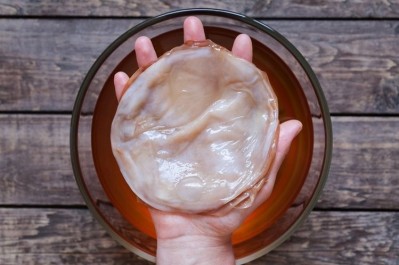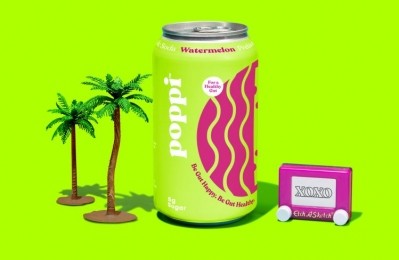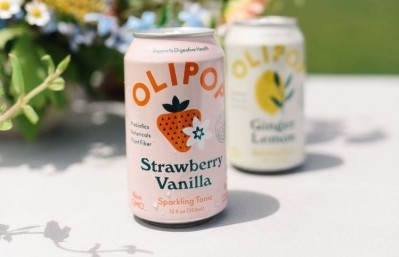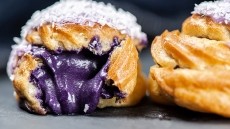Kombucha sales are still growing, but velocities are declining, reports SPINS
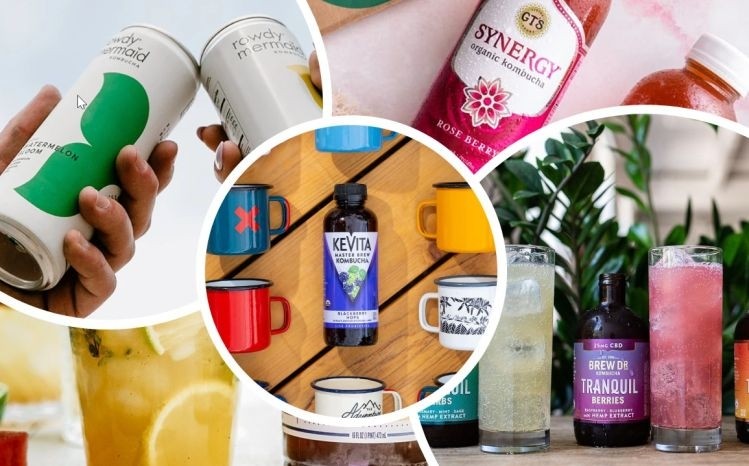
To put this into perspective, total non-alcoholic beverage sales were up 5.8% over a similar period (year to June 14, 2020), with all key categories growing aside from coconut water, which posted a -4.4% decline, said Perteet Spencer, VP strategic solutions at SPINS.
Speaking to assembled kombucha brands, equipment makers, and ingredients suppliers at the zoom-powered virtual event organized by trade association Kombucha Brewers International (KBI), Spencer said velocities were down in natural and conventional channels.
And while the MULO channel (which still has room for distribution growth with an ACV of 83%) posted "pretty solid 5.1% sales growth," over the period, this was driven by distribution gains rather than volume growth or units per point of distribution.
In the natural channel, where pretty much every store already stocks kombucha (100% ACV), velocities were down more noticeably, with dollar sales down -6.1% and units/TDP down -6.5%, she said, although much of this was driven by declines from the top two players, GT’s and KeVita, with some smaller brands such as Rowdy Mermaid still posting triple-digit growth.
“But velocity is something to watch because it’s an indicator of category health.”
She added: "The category is still growing [+2.4%], but growth has decelerated [for example, growth in the prior year period – July 2018 to July 2019 – was up 9.8% YoY]. I do think part of this is due to COVID-19 as many of those grab-and-go occasions have slowed down, so I expect the category to rebound.”
Brew Dr, Health-Ade posting solid growth, KeVita posting declines despite recent rebrand
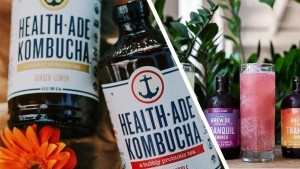
Within the MULO channel – which accounts for the bulk of sales in the category - Brew Dr Kombucha (+57.6%) and Health-Ade (+30.3%) both posted strong dollar sales growth over the period, while market leader GT's posted 4% growth. The #2 player in the category - KeVita (PepsiCo) - experienced a -2.2% decline in sales, despite a recent rebrand.
In the natural channel – where the kombucha category got started - Brew Dr Kombucha and Health-Ade posted more modest growth (6.9% and 4.3% respectively) while GT's and KeVita both posted meaningful declines (-9.2% and -13.1%).
KBI president Hannah Crum acknowledged that category growth has decelerated in recent years, which is to be expected as any category matures, but noted that the SPINS data doesn’t capture direct to consumer sales or data from some retailers that might present a rosier picture.
"A lot of folks are reporting that they are selling as much or more kombucha as they did prior to the pandemic.”
Growth opportunities: Large pack sizes, ‘fermented reinvented’ products, and hard kombucha
Three areas of growth in the refrigerated fermented beverage category include larger pack sizes (48oz); hard kombucha (with some brands such as Flying Embers, June Shine and Boochcraft posting explosive growth); and a new wave of ‘fermented reinvented’ products with more accessible flavor profiles such as Olipop and Health-Ade Booch Pop; said Spencer.
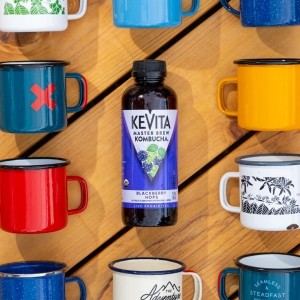
“This is a space to watch. New digestive health benefits and formats have gained traction as kombucha and its derivatives scale mainstream. This new cadre of items leans into a more lightly fermented flavor profile and alternate processing.”
Kombucha code of practice and seal
In a lively session on the KBI’s new code of practice the following day, KBI’s Hannah Crum said the plan was to post the final version of the code on the KBI website in Q1, 2021, and then launch an industry seal in Q2, 2021, with wording up for consideration including ‘certified kombucha’ and ‘traditionally fermented.’
“This is a code of practice as opposed to a standard of identity. We put out a code and voluntarily agree to abide by it.”
Pushing for a legal standard of identity with the FDA would be a far more time-consuming and challenging process, she said, although this may be a route that the KBI will explore down the road.
While the KBI has already spent years working on a code, discussions are continuing within the membership to ensure that the final version is something that will “protect the integrity of the kombucha category while allowing for continued evolution and innovation," said Crum.
Kombucha purists…
She added: “I’ve been a purist [about the definition of an ‘authentic’ kombucha], but what I’ve also recognized is that while I have certain values around what I consider to be the kombucha I want to produce or consume, we’re not looking to only market to 15% of the consumers out there, we want to market kombucha to 100% of consumers out there.
“We’re all trying to create products that help support a healthy lifestyle, but we do have healthy boundaries and that’s what the code of practice is all about.”
Filtration and probiotics labeling
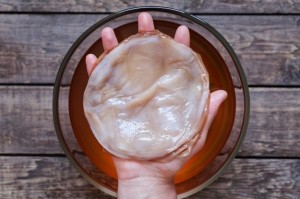
Elements of the code are still being discussed, including what level of filtration would take a product into the ‘processed’ kombucha category, with delegates noting that filtering a kombucha to remove large chunks of fruit, for example, is not the same as micro-filtration to remove yeast [which some consider to be equivalent of sterilization].
There is also lingering confusion over the labeling of probiotics in the category, noted one delegate.
“There’s general confusion on probiotics … whether there are natural probiotics in traditional kombucha, and we need more clarity.”
Legal experts contacted by FoodNavigator-USA said the discussion reflected widespread confusion over probiotics among food marketers, with some brands assuming that all fermented foods and beverages using live cultures such as yogurt or kombucha by definition contain 'probiotics' and others arguing that any references to probiotics should be limited to brands adding well-documented probiotic strains with clinical backing.
According to the World Health Organization, probiotics are: "Live microorganisms which when administered in adequate amounts confer a health benefit on the host."
While it's possible that many fermented foods meet this definition, few brands have analyzed the bacteria in their products, established whether it survives through the digestive tract, or proved via clinical studies that their confer a health benefit.
Read the code of practice HERE and get some commentary from KBI members on the initiative HERE.
*Total retail sales are likely much higher after you include data from convenience stores, e-commerce sales, and retailers such as Costco, Aldi and Trader Joe’s that don’t share their sales with SPINS and other data providers, she added. However, "Whole Foods is projected as a part of MULO."
The refrigerated kombucha and fermented beverages category comprises non-alcoholic kombucha (below 0.5% abv), hard kombucha, apple cider vinegar, plus other fermented beverages such as water kefir, Jun, kraut juice, Kvass, and whey fermented soda. Right now it also includes sales of shelf-stable kombucha.

